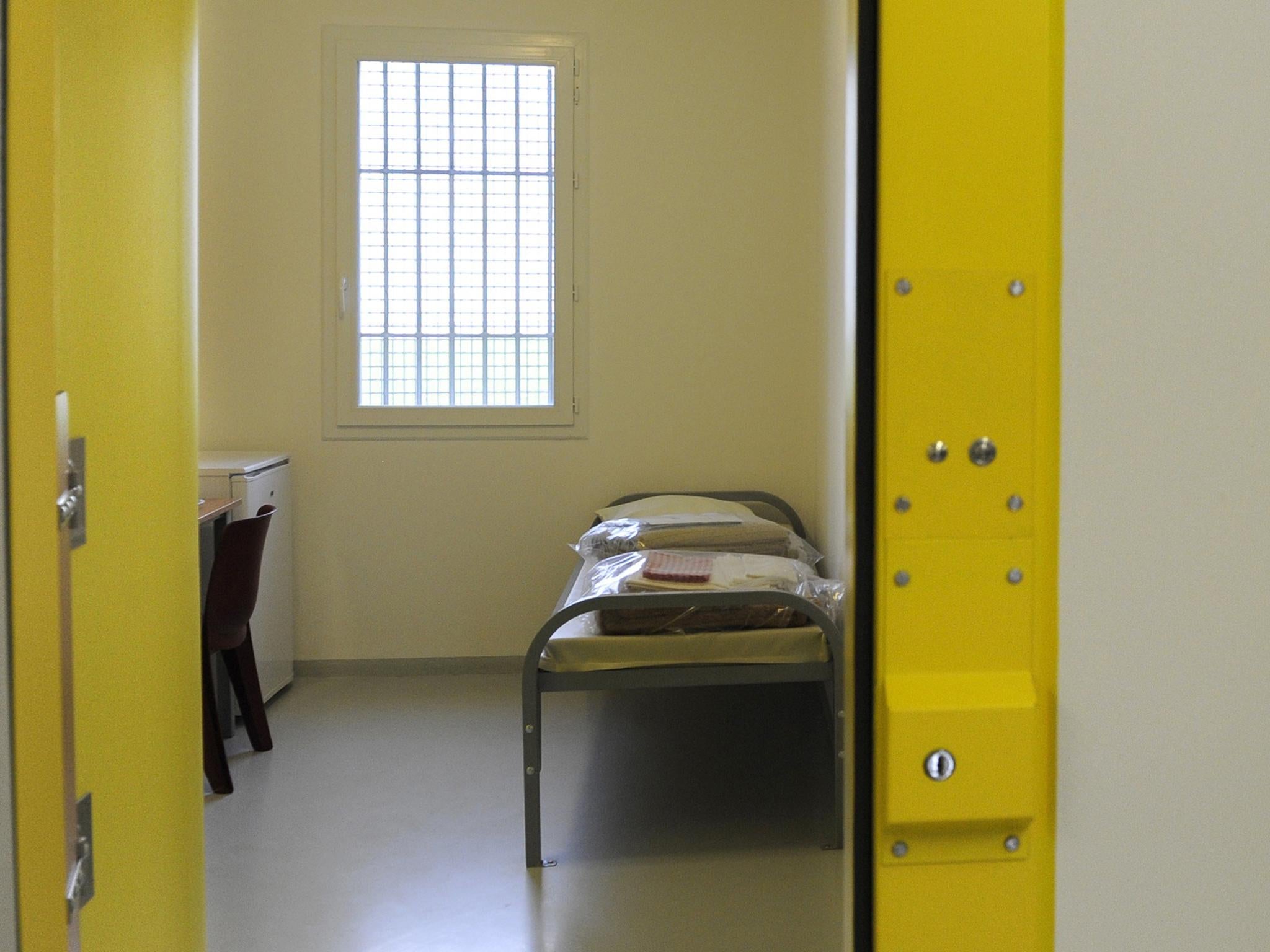Grace Dent: Grayling's ban on prisoners receiving books is truly chilling
It limits the chance to learn about lives, lands and lifestyles other than their own


Chris Grayling’s ban on prisoners receiving books from the outside world is one of those news items which befuddles, then chills. The befuddlement is over how I might need to explain to the Justice Secretary the value of improved literacy or the empowering, cerebrally-nourishing, rehabilitating aspect of conquering a challenging book. I could explain this in small words to a five-year-old.
The chill is via the fact that the British prison rehabilitation system is already somewhat of a joke, so for an adult in power to view this mess and think, “Yes, BOOKS - that’s where we get tough. Limit reading. Limit the scope for swapping crime for a spurt of self-improvement. Limit the potential for an ex-con to talk knowledgably about an author, or about a book they loved, in a job interview. Limit the chance to learn about lives, lands and lifestyles other than their own. Limit the chance to be spurred on to re-take that English GCSE. Limit the chance to build reading skills so the prisoner might at some point read bedtime stories to their children. Let’s limit books which might keep them engrossed during long nights locked up when hard drugs, self-harm and suicide are other options.”
Grayling’s cronies will no doubt argue that too much contraband was entering via reading material, to which, I’d suggest - in small words suitable for someone who has seen no value in literacy – “The problem is in the post room. Reform that first, you terrifying oafs.”
Join our commenting forum
Join thought-provoking conversations, follow other Independent readers and see their replies
Comments
Bookmark popover
Removed from bookmarks